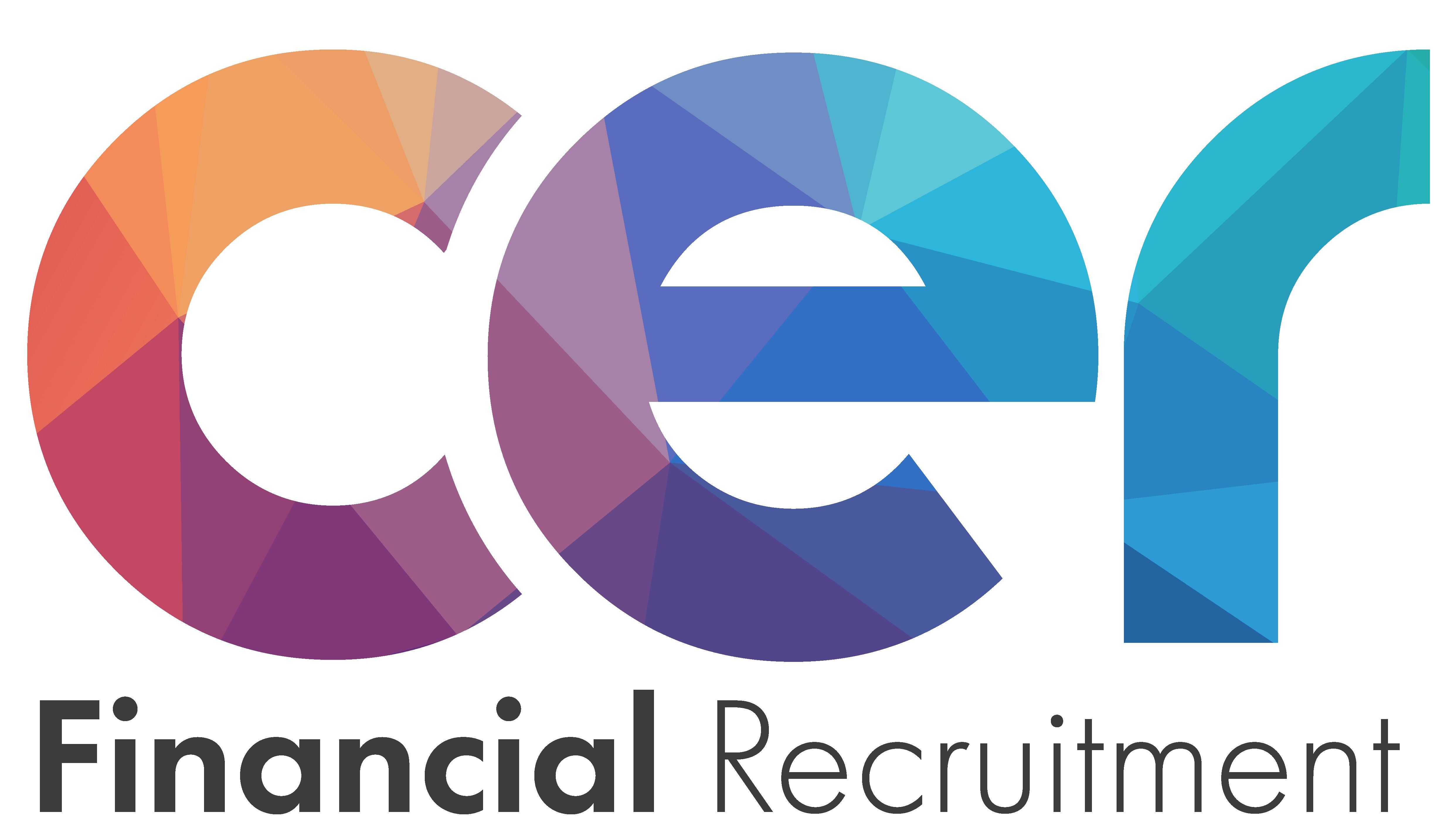The global economy is an ever-changing landscape, subject to fluctuations and shifts that can significantly impact various industries. One sector profoundly affected by economic slowdowns is the recruitment world. As companies tighten their belts and prioritize cost-cutting measures, the hiring landscape undergoes significant transformations. In this article, we explore the ways in which the slowing economy affects recruitment and the strategies both employers and job seekers can adopt to navigate these challenging times.
- Decreased Hiring Demand: One of the most immediate effects of a slowing economy is reduced hiring demand. Companies become cautious about adding new positions, resulting in a decrease in job opportunities for candidates. Recruiters may face dwindling job orders, leading to increased competition within the recruitment industry itself.
- Lengthier Hiring Processes: In a bid to make the most cost-effective hiring decisions, companies tend to prolong their selection processes. More extensive evaluations, multiple rounds of interviews, and additional scrutiny on candidates become common. This extended timeframe can frustrate job seekers seeking prompt job placements.
- Budget Constraints: As companies face economic uncertainty, they often implement hiring freezes or reduced recruitment budgets. This can result in a lack of resources to engage external recruitment agencies or run extensive talent acquisition campaigns.
- Shift in Skill Demand: Economic slowdowns can lead to a shift in skill demand within the job market. Some industries may experience layoffs, while others may see increased demand for specific skills. Recruiters must adapt to these changes and focus on sectors that remain resilient.
- Salary and Benefit Adjustments: Employers may offer lower starting salaries or fewer benefits during economic downturns. Job seekers might find it challenging to negotiate their desired compensation packages.
- Upsurge in Candidates: Economic slowdowns can trigger a surge in job seekers as layoffs and redundancies become more common. This leads to a more crowded candidate pool, making it harder for individuals to stand out and secure desired positions.
- Focus on Internal Hiring and Retention: In challenging economic times, companies prioritize retaining existing talent. Internal hiring and promotions become more common, reducing external hiring demands.
In light of these challenges, both employers and job seekers can adopt certain strategies to navigate the recruitment landscape during a slowing economy:
- Adaptation and Flexibility: Job seekers should be open to exploring opportunities in different industries or roles that align with their skill set. Flexibility and adaptability can open up new possibilities in an evolving job market.
- Upskilling and Reskilling: Investing in upskilling or reskilling can enhance a candidate’s competitiveness. Job seekers should identify in-demand skills and focus on acquiring them to stand out from the crowd.
- Networking and Referrals: Building a strong professional network and seeking referrals can help job seekers access unadvertised job openings and gain a competitive advantage.
- Showcasing Value: Candidates must showcase their value proposition clearly in interviews, emphasizing how their skills can contribute to a company’s success in challenging times.
- Efficient Recruitment Strategies: Recruiters can focus on streamlining their hiring processes without compromising on quality. Utilizing technology, such as applicant tracking systems, can expedite candidate evaluations.
- Talent Pipelining: Proactive recruiters can start talent pipelining during slowdowns to have a pool of pre-qualified candidates when hiring demand picks up.
In conclusion, the recruitment world experiences significant shifts during economic slowdowns, impacting both employers and job seekers. As the hiring landscape changes, adaptability, networking, upskilling, and efficient recruitment strategies become key elements for success. By embracing flexibility and seizing opportunities, both employers and candidates can navigate the storm of a slowing economy and emerge stronger when the tides turn in their favour.



